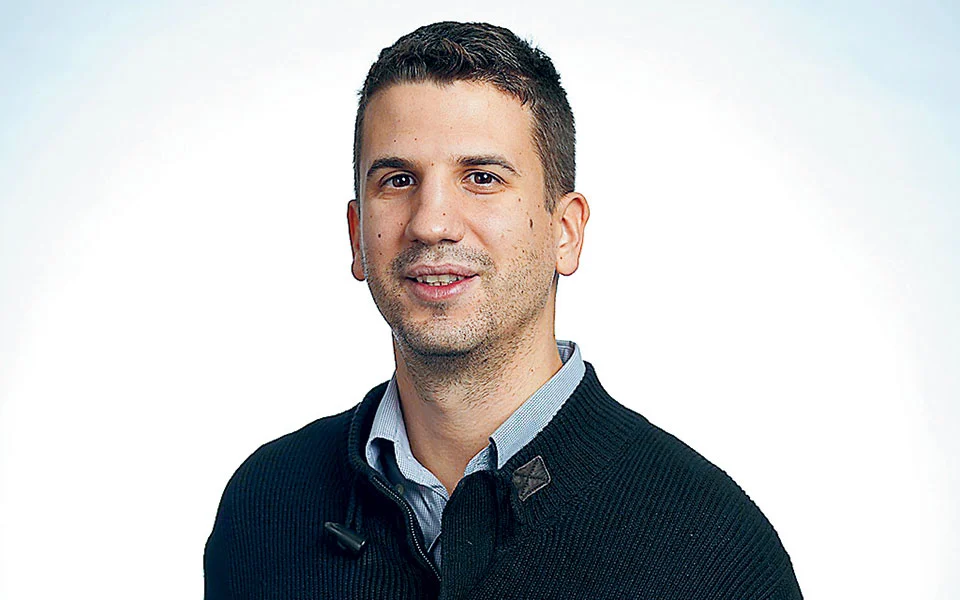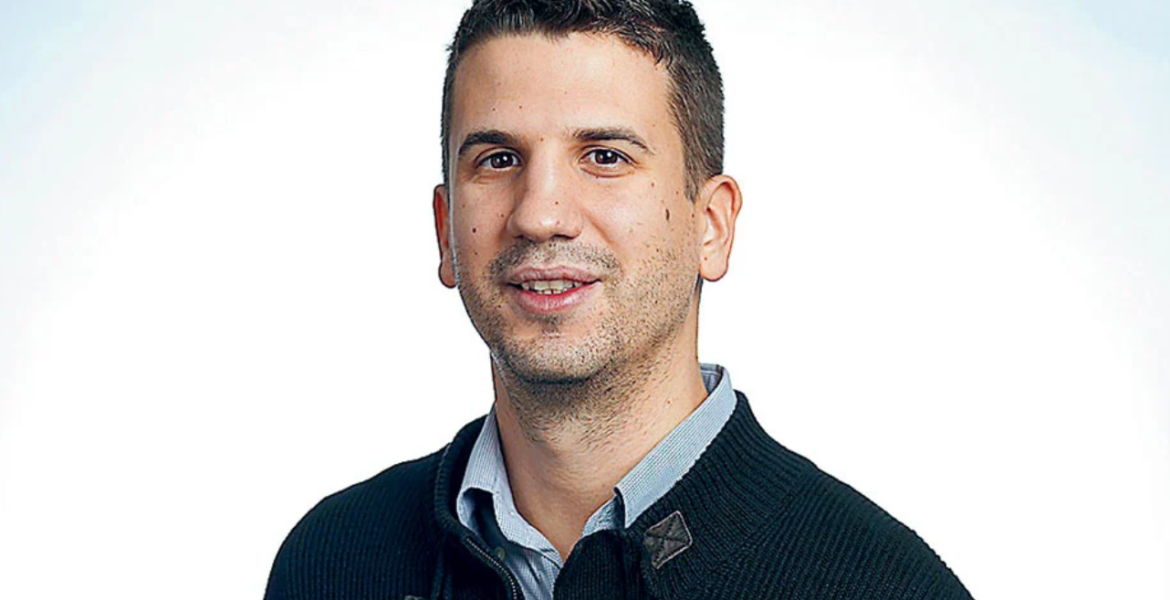
Forget about 5G, 6G is coming soon...
While Greece is unveiling its 5G communications network, Dr Michalis Matthaiou, professor of communications engineering and signal processing at the Electronics, Communications and Information Technology (ECIT) Institute at Queen’s University, Belfast, Northern Ireland, has received a grant from the European Research Council to develop 6G.
6G, a term used for the globe's "sixth-generation mobile" wireless internet network, will be the successor to the world's still-forthcoming mobile network, 5G.
"The transition from one level of network technology to the next, ie from one G to the next, requires about ten years of research and millions of work-hours", Dr Michalis Matthaiou explains to Kathimerini.
“Every new generation in mobile telephony is like an extra story in an apartment building. The technology has been evolving constantly since the 1970s.”
His team is being funded €2 million euros over the next five years. Their work involves making projections about future wireless technology needs.
“It is estimated that, in 2025, although the global population will be 8 billion, there will be 50-70 billion mobile devices,” says the Thessaloniki-born professor.
“We aim to vastly increase speeds: For example, through 6G, we will be able to download 142 hours of movies through Netflix in a second,” he said.
“At the same time, we aim to develop applications that will not need huge speeds, like driverless vehicles, that can move in sync, at a relatively low speed, and be reliable.”
This 6G technology is expected to be ready in 2030.
It will also be used in smart factories “where sensors will direct robots with accuracy,” and in telemedicine, which will significantly evolve.
“Up to now, we could only transmit information through radio waves. We aim shortly to be able to transmit energy,” Dr Matthaiou continued. “For example, the walls of a hospital could contain thin strips from which one can charge a watch, a pacemaker or an ear implant.”
A longer-term goal is “the recycling of radio signals through metasurfaces (like ‘smart walls,’ for example) that will act as a smart reflector of radio waves.” So, the ideal future would include green wireless networks, something that not long ago would seem a contradiction in terms.
In his concluding remarks, Dr Matthaiou stated that breakthrough technologies have always scared people. “It is said that when... electric bulbs were fitted into cars, mothers were keeping their children away from the lights, fearing they would get burned."
6G (network)
In telecommunications, 6G will be the sixth generation standard for wireless communications technologies supporting cellular data networks.
It is the planned successor to 5G and will likely be significantly faster, at speeds of ~95 Gbit/s.
Several companies (i.e. Nokia, Samsung, LG, Apple) have shown interest in 6G and will likely become commercially available in the 2030s.


